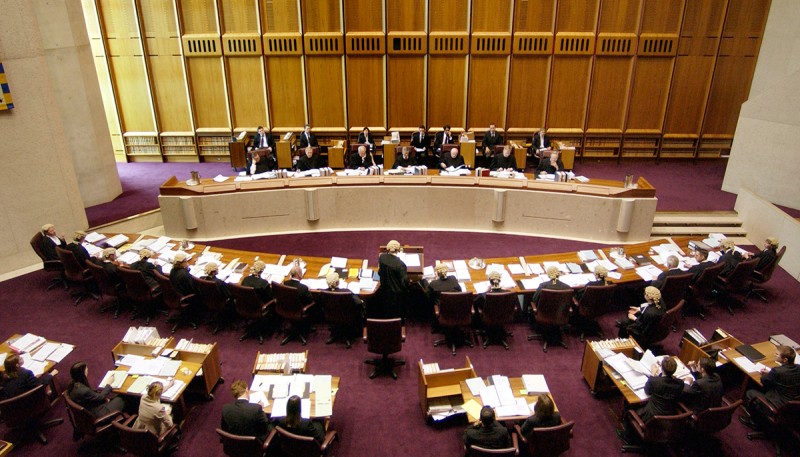Why are senators who have lost their seats because they had dual citizenship permitted to stand for election again?
In this case, the Australian Constitution does not ban people from standing for election again – it says that someone cannot be a dual citizen while they are a member of Parliament.
In 2017, the High Court of Australia found 4 senators and one member of the House of Representatives were invalidly – not properly – elected to the Australian Parliament. When they were elected, each was both a citizen of Australia and another country. Section 44 of the Australian Constitution says that members of parliament can only be a citizen of Australia. The 5 members of parliament were removed from their positions and the seats were declared vacant.
The Constitution does not stop someone from being elected again if they have been found to have been invalidly elected under section 44 of the Constitution. These 5 former members of parliament could choose to stand for election again if they were no longer dual citizens. This means that if they renounced their foreign citizenship and were now solely Australian citizens, they were allowed to stand for election again.
The High Court of Australia

DPS Auspic
Description
The High Court of Australia in session in the High Court building in Canberra. The High Court interprets and applies Australian law and decides cases about national issues, including challenges related to the Australian Constitution.
In the courtroom, the 7 High Court Justices sit along a large semi-circular desk atop a small raise at the end of the room. The Justices preside over High Court proceedings, interpret laws and decide major legal cases.
In front, facing them, is another curved desk. Here, 18 barristers are sitting, most are wearing robes and wigs. A barrister is a type of lawyer who speaks on behalf of people or organisations in the courtroom. They present arguments and answer questions posed by the Justices.
Permission should be sought from DPS AUSPIC for third-party or commercial uses of this image. To contact DPS AUSPIC email: auspic@aph.gov.au or phone: 02 6277 3342.